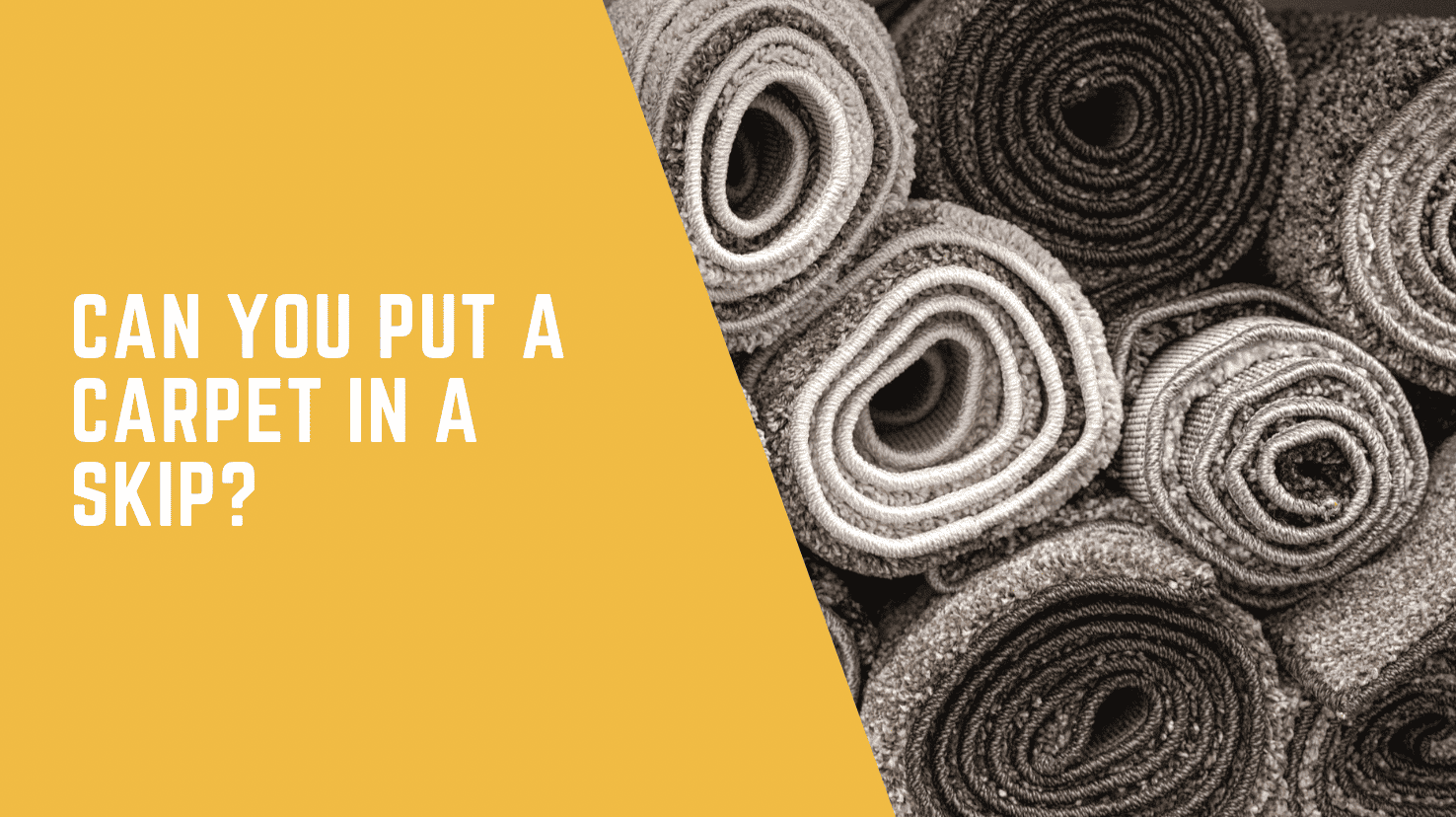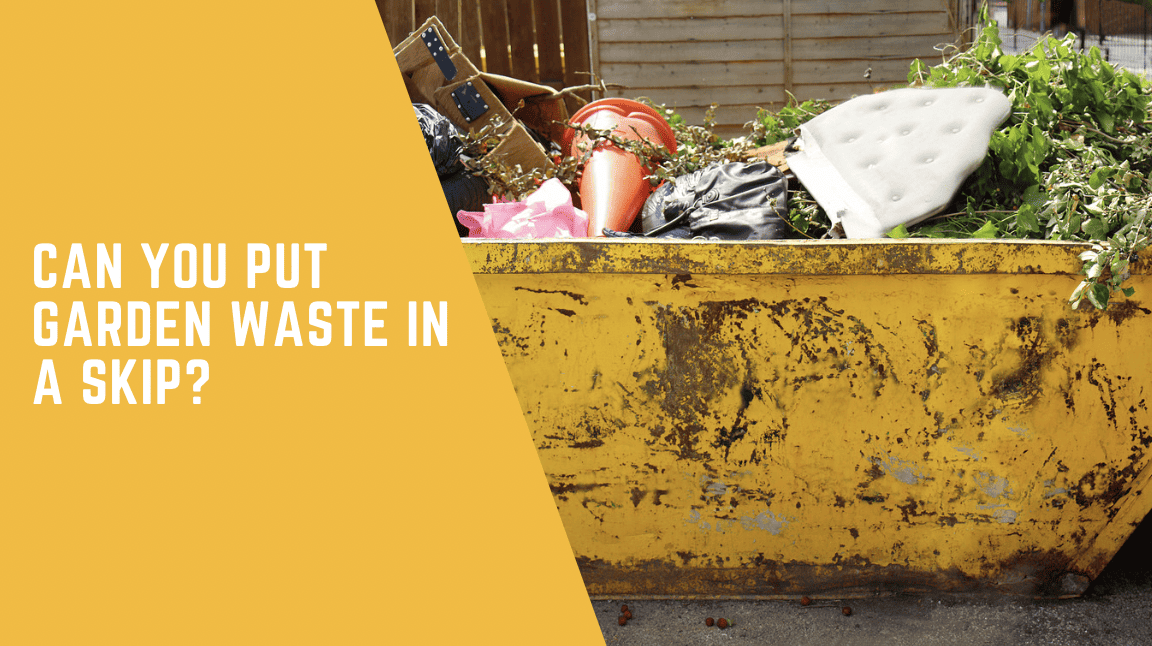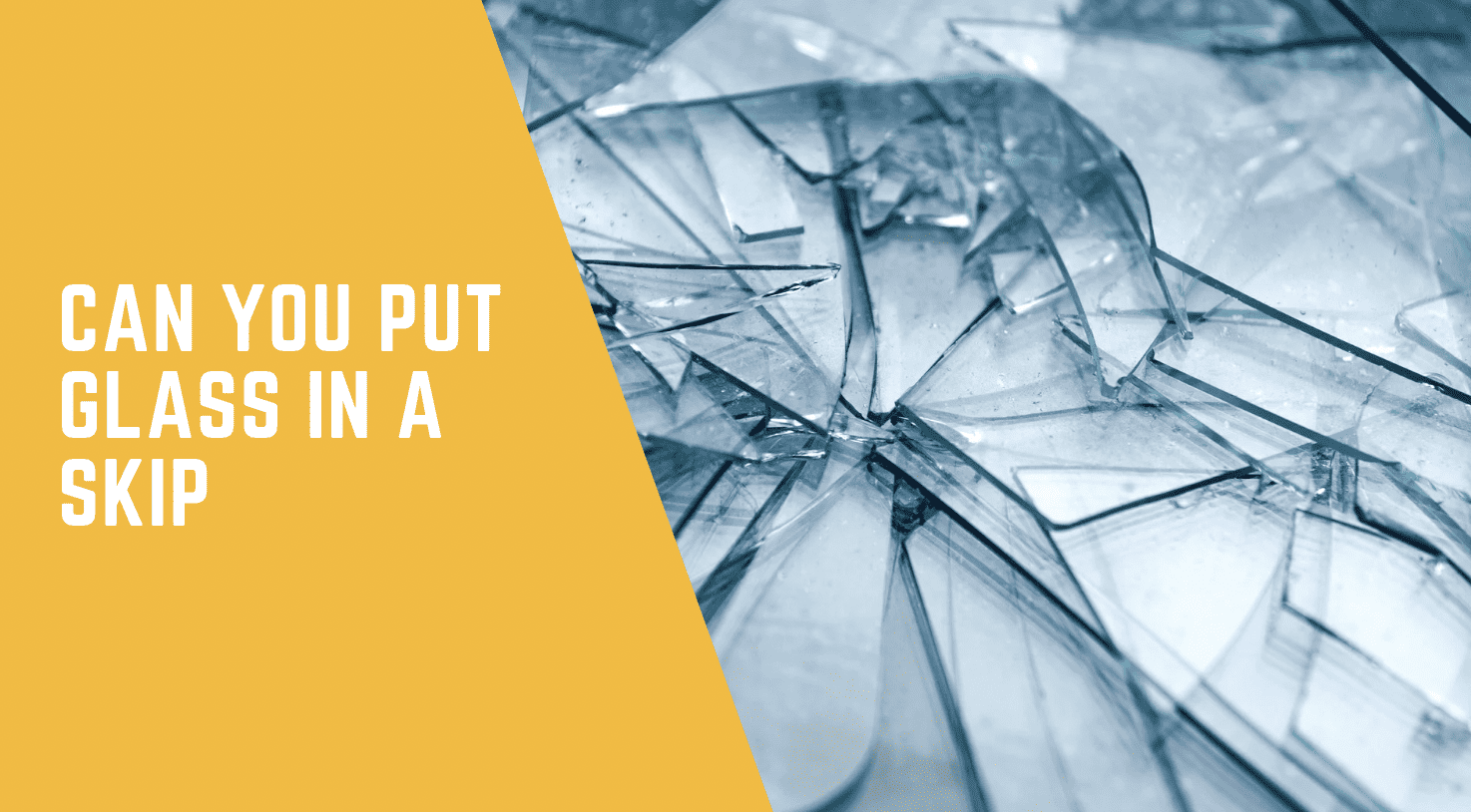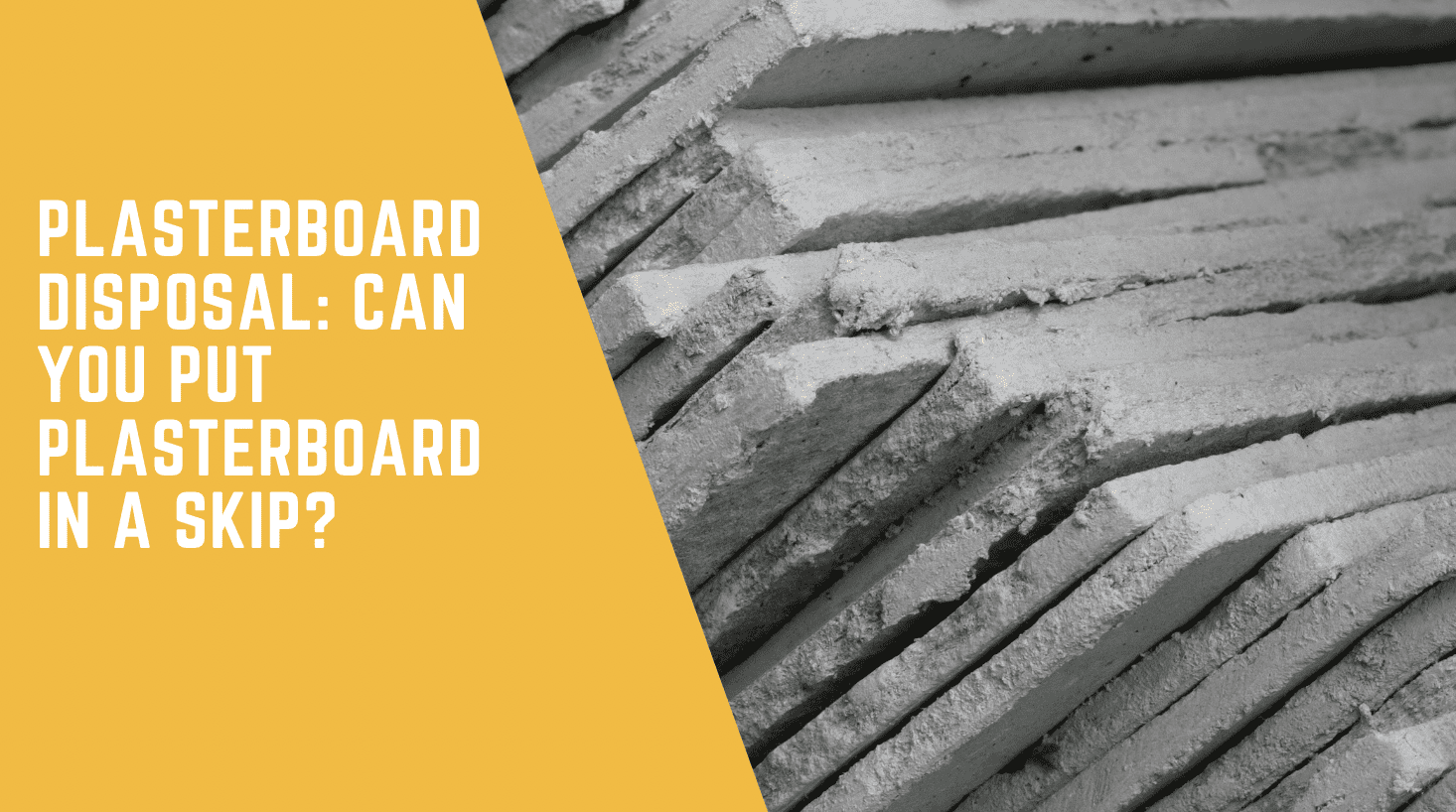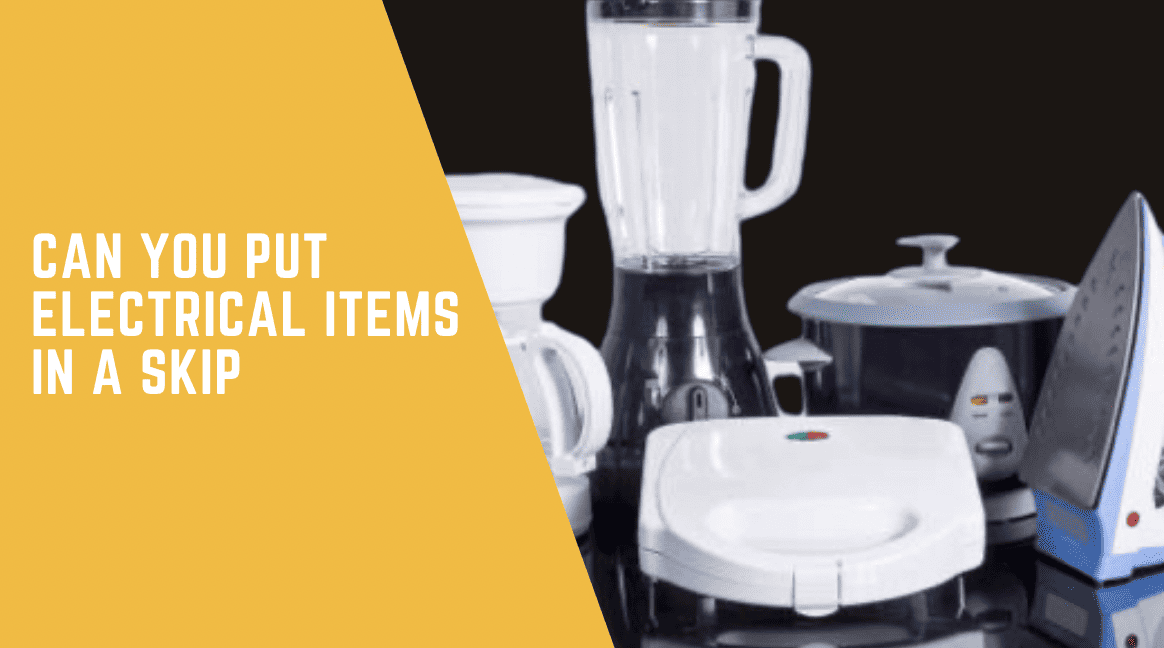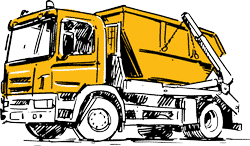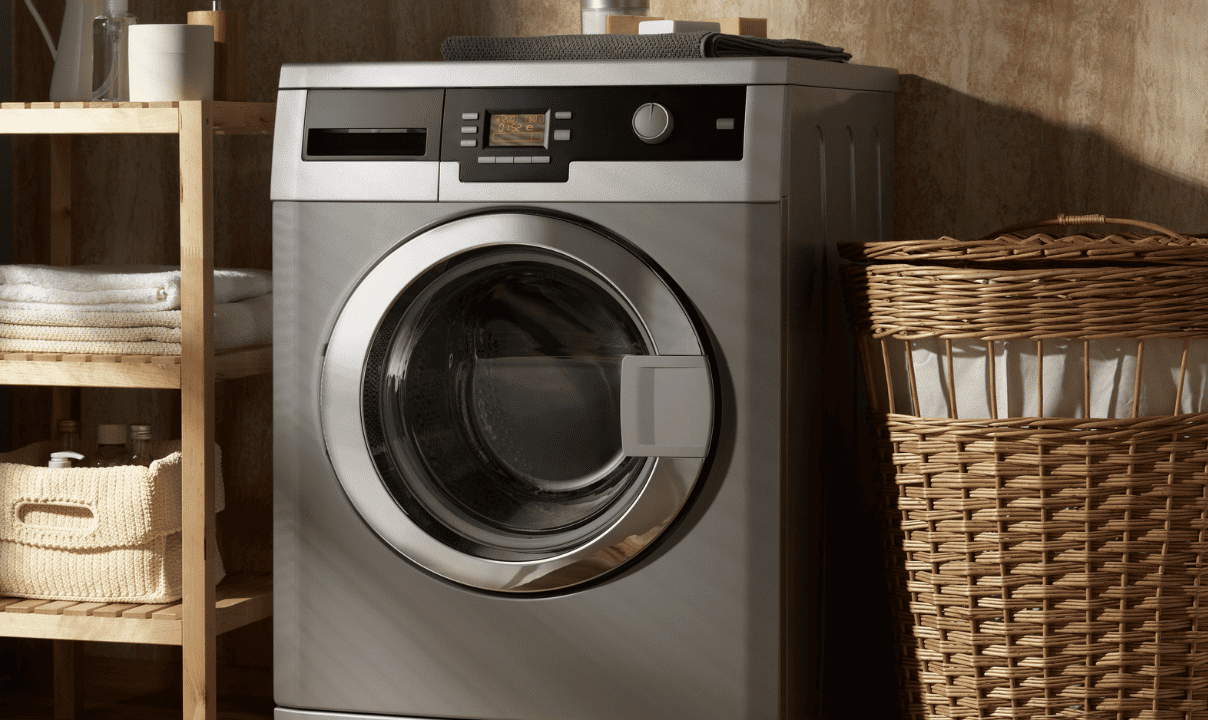
How To Dispose Of A Washing Machine The Right Way
Are you thinking of disposing of your broken-down old washing machine? Hold up! Disposing of large appliances is more complex than taking out the trash. Follow this guide to get that metal monster off your hands responsibly.
So your trusty washing machine that’s been churning out squeaky-clean clothes for years has finally called it quits, eh? Oh dear! But before you drag that heavy hunk of metal and wires to the curb or, *gasp*, dump it illegally, you’d better keep reading. Properly disposing of appliances as big and complex as washing machines requires a bit of know-how and prep. We’ll walk you through the dos and don’ts of responsibly getting rid of your broken washer so you can avoid fines, injuries, and environmental no-nos. Let’s dive in!
WHY CAN’T YOU THROW YOUR WASHING MACHINE AWAY?
Good question! Washing machines are known as “white goods” or bulky household appliances. They’re made from metal, plastic, rubber, electronics, and insulation, requiring special handling.
Improperly disposing of something as big and heavy as a washer can be dangerous (one slip and that thing could crush you!). Plus, all those materials and components can pollute landfills, leak chemicals, or get into the wrong hands if disposed of incorrectly.
Following proper washing machine disposal protocol is crucial for safety and environmental reasons. Keep reading to get it right!
HOW DO YOU PREPARE YOUR WASHING MACHINE READY FOR DISPOSAL?
Before your washing machine can leave your home, you’ve got to get it disposal-ready with these steps:
– Unplug the unit – Safety first! Unplug the washing machine from any power source.
– Remove hoses and cords – Detach all hoses, power cords, and drain lines from the back and underneath the machine.
– Empty water – Tip the washer over to drain all residual water if possible.
– Dry thoroughly – Any leftover water must be sponged up and dried to avoid leaks and mould.
– Take off accessories – Remove any dispensers, trays, racks, or panels that can be easily detached.
– Evaluate size – Measure width and height to ensure the machine will fit through doorways and exits when carried out.
Getting your washing machine prepped ahead of time will make transport and disposal smooth sailing. Now, onto your options!

CHOOSE YOUR DISPOSAL METHOD
When your washing machine is ready, it’s time to pick the best disposal method. Here are some options:
HIRE A SPECIAL PICKUP SERVICE
– Pros: Convenient, fast, professionals handle everything safely
– Cons: More expensive than DIY options
The easiest but priciest route is to hire a junk removal or appliance recycling company to come to your home, haul away the washing machine, and properly dispose of it. They have the staff and trucks for a no-muss, no-fuss experience. Average pickup costs around £50-100.
Interested to see if you can apply for special collection of large waste items
TAKE IT TO THE TIP
– Pros: Dropping off yourself saves money
– Cons: You must transport the washer; fees apply
You can take the washing machine to your local waste and recycling centre if you have a truck or van. Call ahead to ask if they accept large appliances and any fees. Then, it’s just a matter of manoeuvring the machine into your vehicle and unloading it at the facility. Just expect to pay £10-30.
LIST FOR FREE COLLECTION
– Pros: No cost to you!
– Cons: Hassle of coordinating pickup
Post the washing machine for free on sites like Freecycle or OfferUp. There’s usually someone happy to take it off your hands for refurbishing or scrap metal. Just know you’ll have to be available for pickup on their timeframe.
TRADE-IN WITH A RETAILER
– Pros: Convenient appliance swap
– Cons: Low trade-in value
Some appliance and home improvement stores allow old appliance trade-ins when buying a new one from them. This lets you conveniently replace your washer and get a small discount. Trade-in values are typically only £20-50, though.
DONATE IF OPERATIONAL
– Pros: Keeps appliance going, helps a good cause
– Cons: Must be in working order
If your washing machine is still functioning, consider donating to a charity shop or housing organization. Call to find one that accepts appliance donations first. Just know you’re on the hook for dropping it off yourself.
ASK THESE KEY QUESTIONS BEFORE DISPOSAL
– Will they take the washing machine as-is, or do I need to remove components?
– Are there any condition requirements for pickup or drop-off?
– Do they require appliances to be dried out and empty of water?
– Is proof of ownership or an appliance title required?
– What are acceptable payment methods (cash, cheque, card)?
– Are there additional fees for stairs, long carry distances, or oversized units?
– Do they provide a receipt for disposal documentation?
Getting the scoop on the nuances of washing machine disposal beforehand prevents headaches. Now go forth and get rid of that clunker the right way!
Frequently Asked Questions Disposing Of A Washing Machine
We’ve done our best to try and answer some of the most frequently asked questions our customers ask.
CAN YOU PUT A WASHING MACHINE IN A SKIP?
Yes, you can put a washing machine in a skip if the skip hire company permits it. Some companies may restrict large appliances, so always check with them first. You’ll likely pay an additional fee for the extra space and weight a washing machine takes up. Make sure to empty all water and secure the appliance so it doesn’t shift during transport. Find out what else you can put in a skip?
IS THERE A COST TO RECYCLE A WASHING MACHINE?
There is usually a cost to recycle a washing machine. Special pickup services charge an average of £50-100 to haul away and recycle washers. You’ll pay a drop-off fee at waste and recycling centres, generally £10-30. Retailers may charge a £20-50 pickup/recycling fee when trading in for a new machine. Listing for free collection is the only zero-cost recycling method.
CAN THE COUNCIL COLLECT A WASHING MACHINE?
Some councils offer bulky waste pickup services that collect washing machines from your home for disposal. There is typically a charge for this service, around £20-50 per item. Availability for council collections varies widely, so contact your local authority to see if they provide large appliance pickup. Otherwise, you’ll need to arrange private disposal.
CAN I SELL MY OLD WASHING MACHINE?
You can sell an old washing machine that’s still functioning properly. List it on sites like Gumtree, Facebook Marketplace, etc. Note the make, model, dimensions, age, and condition. Expect to get between £20-150 depending on the washer’s age and features. Donating, trading in, or recycling are better options for washers that don’t work.

